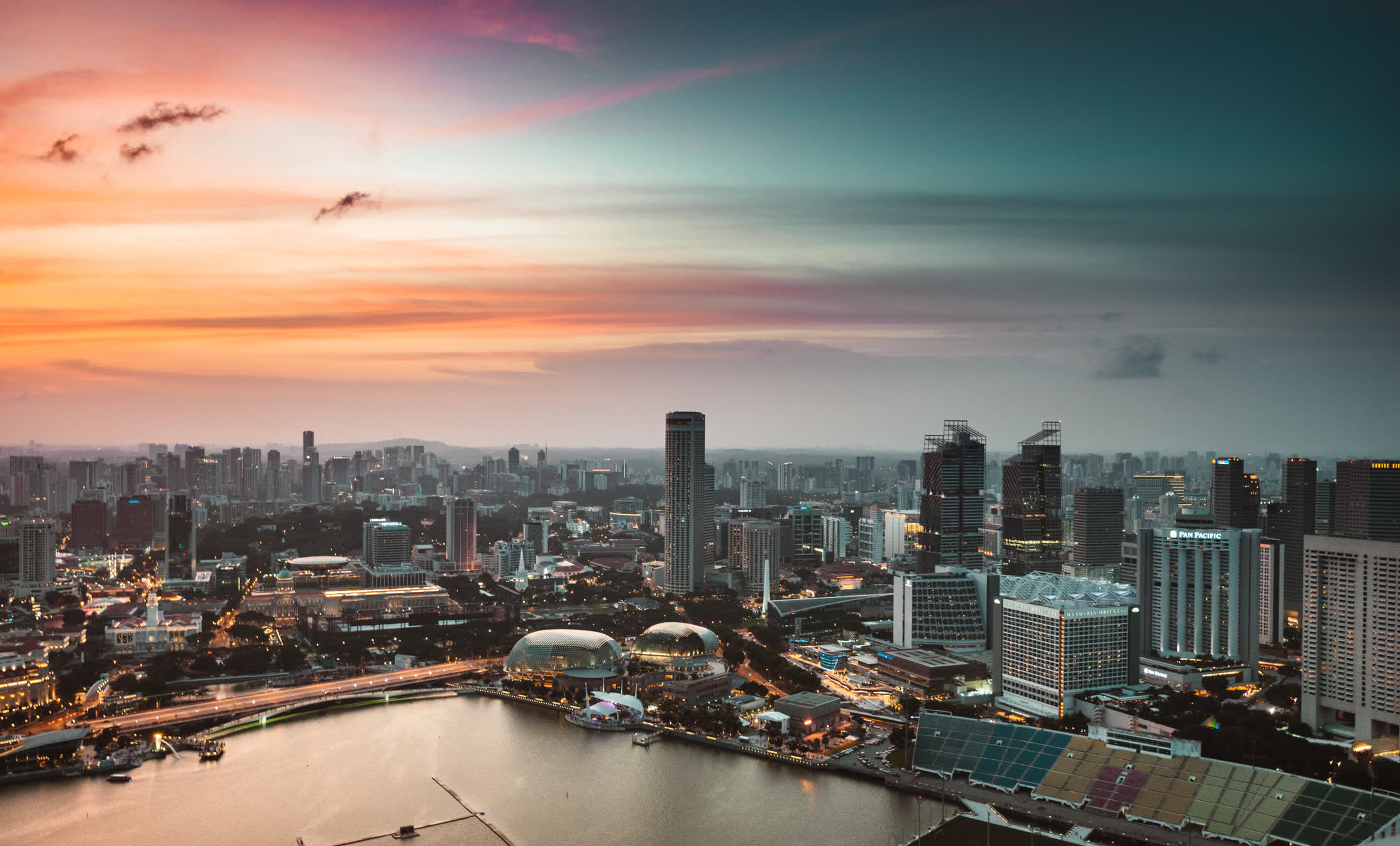SINGAPORE — Housing prices have shot up across cities in Asia-Pacific this year, fueled by record low interest rates amid the pandemic.
Optimism has also gained steam as vaccination rates gain pace, and some countries move toward a post-Covid recovery.
As companies move to a hybrid work model — a mix of working from home sometimes, and in the office at other times — demand for larger homes has also picked up, analysts say.
The overheating in property markets across some Asian cities has led to wide expectations that governments will intervene through housing curbs or other measures such as fiscal or monetary policy.
South Korea, for instance, hiked interest rates for the first time in three years in August – analysts attributed the move to rising home prices and increasing debt.
Rising property prices
Here are the cities with the highest year-on-year price increases as of end June, according to data from real estate consultancy Knight Frank.
On average, the annual growth across Asia-Pacific was at 6.4% year-on-year — the highest increase in four years, according to Victoria Garrett, head of residential Asia-Pacific at Knight Frank.
It’s a property market on steroids.Kenneth Tanreal estate agent, PropertyLimBrothers
Analysts and real estate agents say there’s been intense competition among home buyers, leading to bidding wars and sky-high cash offers way beyond market valuations.
Sean Coghlan, global director of capital markets research and strategy at JLL, said: “There are more prospective buyers than on-market opportunities, creating more intense bidding processes,” Coghlan says, adding that has been seen in the residential and logistics property segments in the region in particular.
“Greater competition and the deep pools of capital targeting real estate are combining to drive up pricing,” he said.
Housing market ‘on steroids’
One property agent in Singapore described the housing market in Asia as being “on steroids.”
“Some buyers don’t even view the homes, they put in the offers after seeing them from the outside, or just view the home tour videos,” said Kenneth Tan of PropertyLimBrothers, a real estate agency. He added that for every 10 buyers, three would dispense with the viewing.
Bidding has been so frenzied, their listings have attracted cash offers that can be up to 800,000 Singapore dollars (about $595,000) more than the official price valuation for properties priced at over 3 million Singapore dollars ($2.2 million), according to Tan.
For those with valuations over 1 million Singapore dollars, his agency has received additional cash offers of up to 80,000 Singapore dollars.
All-cash offers are also on the rise – typically for properties between 4 million Singapore dollars to 8 million Singapore dollars, according to Tan.
“It’s a property market on steroids,” he told CNBC.
High demand for Singapore’s luxury bungalows
Developers have been snapping up land and “outbidding each other,” according to Mohamed Ismail Gafoor, CEO of Propnex, one of the largest real estate agencies in Singapore.
That’s going to drive prices even higher.
“What is driving the market here – people know next year, the prices are going to be much higher, based on land costs and construction costs not going down either,” he told CNBC.
“So that’s why people have an urgency to commit now,” Gafoor said, relating that at one recent new property launch, prices rose six times in one day due to red-hot demand.
He sees more heated bidding among buyers vying for Singapore’s good class bungalows (GCB) — highly exclusive luxury bungalows priced up to the high tens of millions of dollars.
This particular housing segment came under the spotlight recently as high-profile tech entrepreneurs have snapped up those properties.
They include gaming giant Razer’s CEO Tan Min Liang, who bought a GCB for over 50 million Singapore dollars ($37 million), according to local media reports in July, and gaming chair firm Secretlab CEO Ian Ang reportedly snapping up such a property for 36 million Singapore dollars.
Super app Grab’s CEO Anthony Tan and his family were also said to have purchased a GCB costing 40 million Singapore dollars.
Will housing prices rise further?
The boom is in part due to low interest rates, loose monetary policy and “uneven distribution of wealth” during the pandemic, says Regina Lim, head of capital markets research at JLL Asia-Pacific.
“Home prices are likely to continue to appreciate with incomes and wealth, unless interventions are put in place to reduce its attractiveness as a store of value,” she told CNBC via email.
“There are anecdotes that home owners are seeking larger homes in anticipation of spending one or two more days a week working from home but we see strong sales and pricing across all residential unit types,” she added.
We expect residential sales and prices to remain buoyant in the near term.Koichiro Obuhead of real estate research for Asia Pacific, DWS
The heated prices might soon draw government intervention, analysts suggested.
“We expect residential sales and prices to remain buoyant in the near term,” said Koichiro Obu, head of real estate research for Asia Pacific at DWS.
However, he pointed out that “with several APAC countries increasingly enforcing housing curbs and driving residential supply to prevent overheating over affordability concerns, the magnitude of government intervention as well as shifts in macroeconomic expectations are likely bigger factors which could influence housing prices and sales.”
New Zealand was also expected to raise interest rates – but one Covid case set off a widening cluster of infections, leading to the central bank to hold rates steady instead. As with South Korea, analysts had expected a rate hike due to rising house prices in New Zealand.
Over in Singapore, analysts are also expecting more curbs ahead, as the city-state’s leaders warned last year that home buyers should be cautious with the risk of rising interest rates.
Piyush Gupta, the CEO of the country’s biggest bank DBS, said earlier this year that people are trying to “get ahead” of expected cooling measures, according to a Reuters report.
